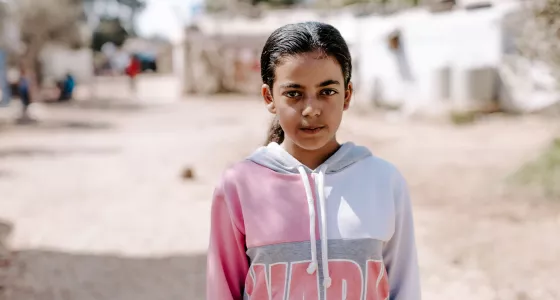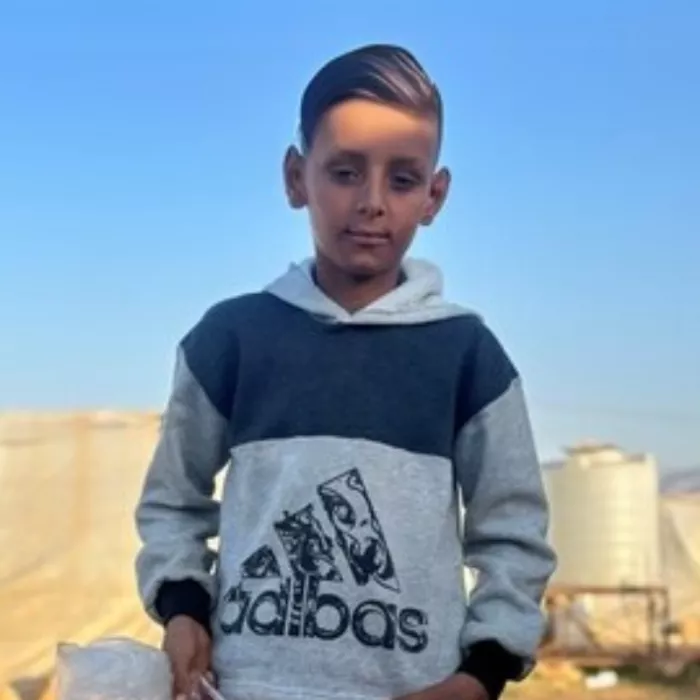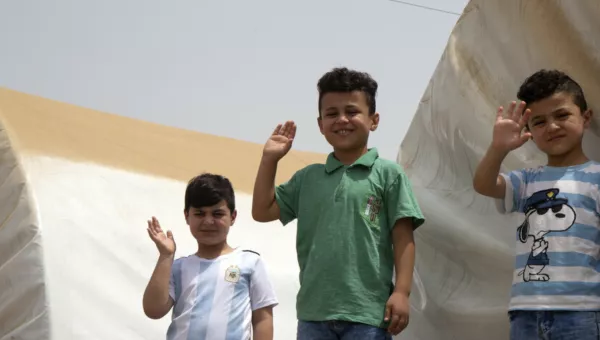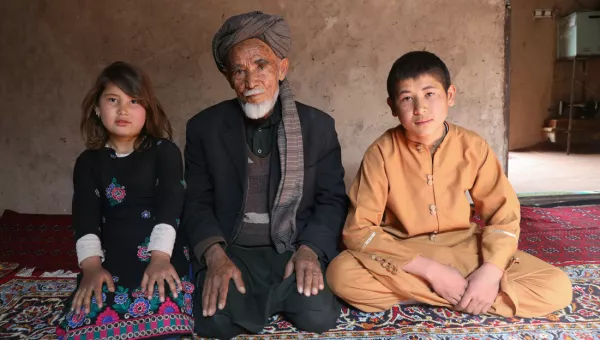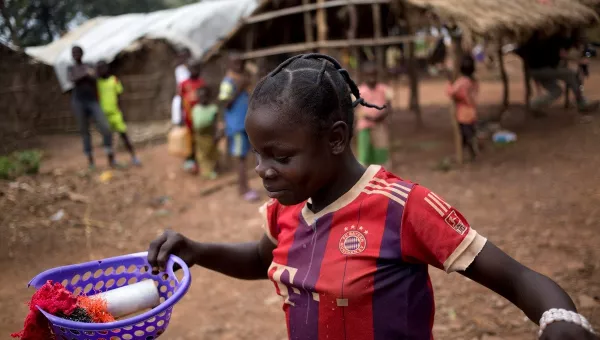War Child programmes Include:
Child Protection Prevention and Response
We work with caregivers, teachers and community leaders to identify the main risks facing children and develop action plans to help them. We ensure safe environments where children can grow and thrive despite the humanitarian crises they face.
Parent and Caregiver Support
Our BeThere programme helps parents to improve their own mental wellbeing and promotes positive parenting to create a protective and supportive environment for children. In 2023, 81% of caregivers participating in BeThere experienced improved mental wellbeing.
Education Programmes
With tailored support for children with disabilities, early learning initiatives, and catch-up classes, our education programmes help children affected by conflict access quality education and regain a part of their normal childhood. In 2023, our initiatives improved academic performance for 98% of children taking part.
Mental Health Programs
We provide mental health support to children and their families to help them cope with the trauma and stress of displacement and conflict, including “Safe Spaces” where children can learn, play, and access vital psychological support. In 2023, 77% of children taking part in two key projects experienced improved mental health and wellbeing.
Emergency Support
We deliver essential aid including food parcels, hygiene kits and psychological first aid to children and families in the immediate aftermath of an emergency event, such as the current escalation of violence in Lebanon. You can find out more about our emergency appeal for Lebanon here.
Project Focus – SHIELD 5 (Safe to Learn)
SHIELD 5 is an education programme designed to support children who are at risk of child labour, early marriage and armed violence. The programme includes a literacy and numeracy course for children left out of the education system, training for community members on detecting mental health problems in children, and our EdTech innovation, Can’t Wait to Learn.
SHIELD activities are making a real impact on children, with 87% of participants in 2023 reporting improved feelings of safety.

